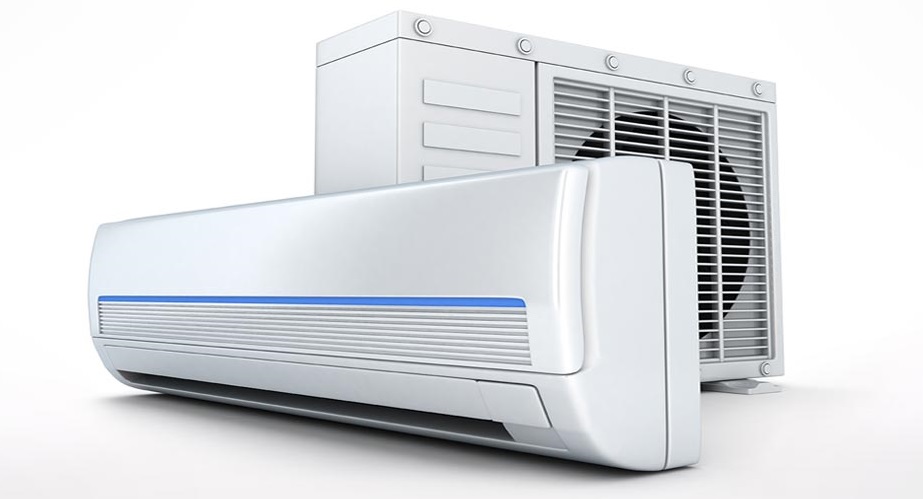Air Conditioners: Types, Features, and Choosing the Best
Air Conditioners: Types, Features, and Choosing the Best As temperatures rise, the need for a reliable air conditioner becomes essential in maintaining comfort and air quality. Whether you’re purchasing your first air conditioner or replacing an old model, understanding the types, features, and key factors to consider is crucial for making an informed decision. This […]

